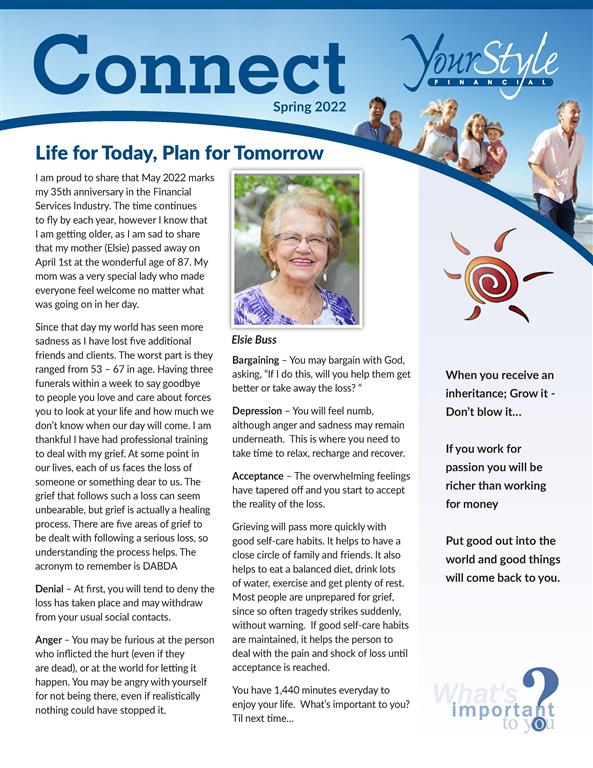
The First Home Savings Plan
Are you dreaming of owning your first home? YourStyle Financial, a compassionate and understanding financial planning organization in Winnipeg, is here to help you make that dream a reality.
In their latest video, Doug Buss introduces the First Home Savings Plan, a powerful tool designed to help first-time homebuyers save efficiently. YourStyle Financial’s expertise ensures that you can navigate the complexities of financial planning with ease. Their personalized approach and dedication to understanding what’s important to you make them a trusted partner on your journey to homeownership.
Watch the full video on YourStyle Financial’s Media Page to learn more about the First Home Savings Plan and start your journey towards homeownership today.
(more…)


















